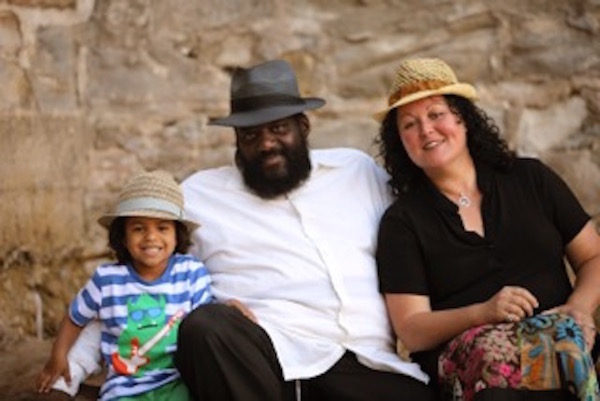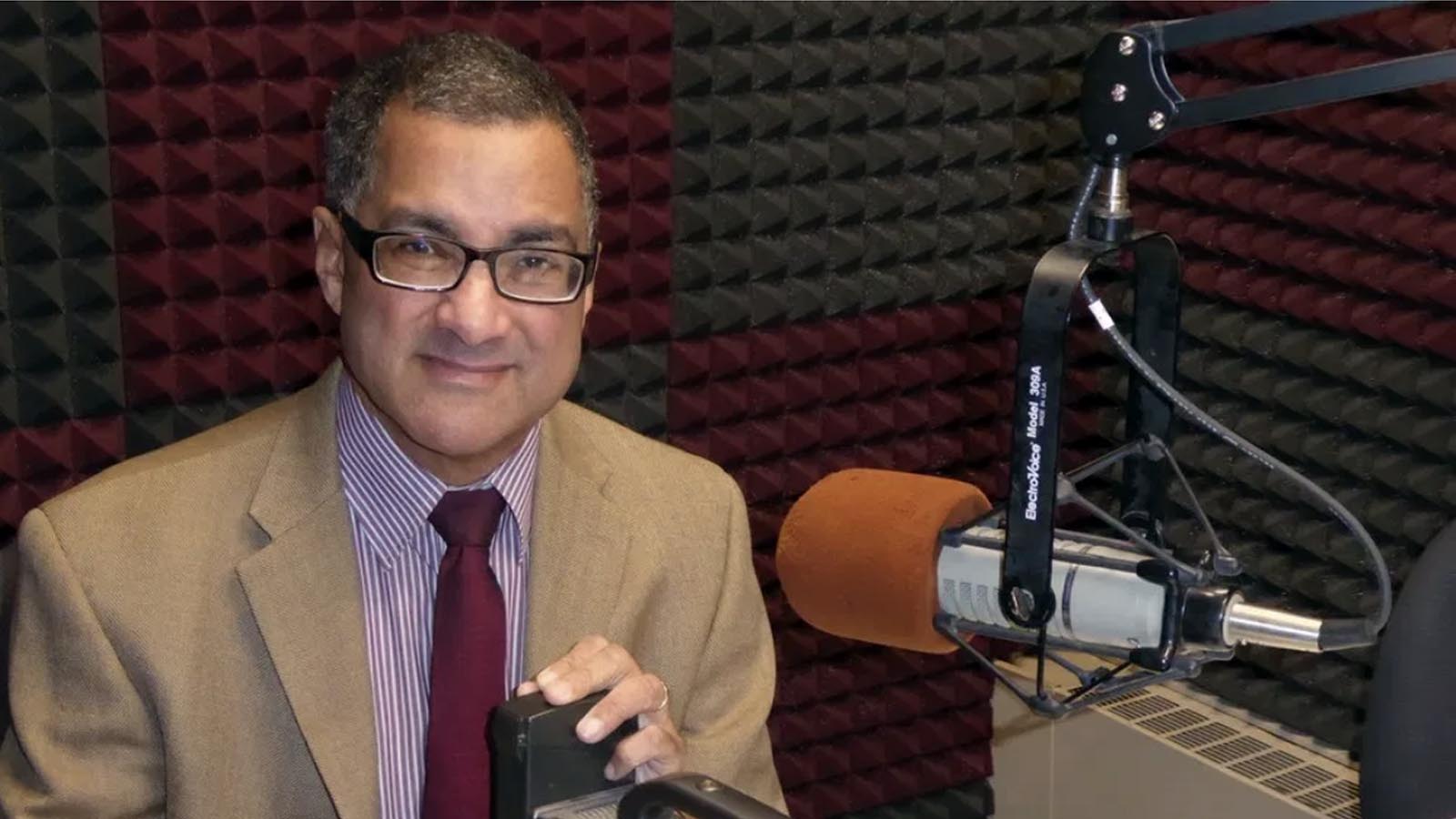Sometimes your soul knows, before your mind, where it needs to go.
I was born in Louisville, Kentucky. My father is Willie Taylor. His mother was Native American, but she passed away when he was young. His father was African as far as I know. My father had a hard life as a sharecropper with his father and his only brother working the land. My mother Anna Lou had a different background. Her parents owned their farm, her grandparents owned a plantation, I am told. The value of education was instilled in her at every stage.
My parents were people of good deeds, helping strangers. My father was one of the founding deacons at our church.
From an early age my brother influenced me to search for “Truth’ and for the G-d in the Bible. I wanted to know why I was here and my purpose in life.
After moving to Boston, at age 17, I affiliated myself with a church. I was active in the choir, missionary board, and Sunday school and youth groups I had many questions, but questions are not welcome in the churches I attended.
Meanwhile, I met another group who went to service on Sabbath and kept their version of the Jewish Holy days.
I also pursued secular education to fill the void I felt, but I knew something was missing. I wanted the G-d of Abraham, the One in the Bible.
During this time my oldest son, Shmaryahu was living in Connecticut and was on a similar quest. He and his four children moved to Alabama so I could help him with his children. Together we attended the Messianic group for about two months, but felt it was too much like church.
READ: Chabad-Lubavitch — the Hasidic Sect Known for Its Outreach
Before leaving the Messianic group, at a Bible study session we met Mike Lucy, who was in the process of an Orthodox Jewish conversion. He spoke with the Chabad of Alabama rabbis about our family, and as a result we were invited to attend services.
The first time I attended service and heard the rabbis daven (pray) in Hebrew, I knew on a soul level that I had found what I had been searching for. I knew I was home. I wanted to know everything they were doing and why. Rabbi Friedman explained that we did not have to be Jewish to serve G-d, but that we could be righteous gentiles and keep the seven Noahide Laws.
I knew that was not for me. He advised us to go through at least a couple of cycles of Jewish holidays, which we did. The more I learned about Torah and Judaism, the more it confirmed that I had found what had I searched for so many years.
After attending Chabad for a while, I had a telephone conversation with my mother and told her that I was no longer a part of the church but was now studying the Jewish faith. I was shocked to hear that her grandmother, my great-grandmother, was Jewish. My mother had never mentioned this to me. She said there was no reason to mention it. My son and I tried unsuccessfully to find documentation about my great-grandmother.
The journey to Judaism was not easy. It was not easy to change my entire life: eating kosher, dressing modestly, etc. We was required to move within walking distance of the Chabad House so not to break the Sabbath by driving to services.
After about two and half years of regularly attending services, on January 1, 2006 both my son and I went to the mikvah and took on Jewish life on a higher level. My name was changed to Avigail Rivkah, and my son’s name was changed to Shmaryahu Yosef. Now I look forward to fulfilling my true purpose in life.
I believe with perfect faith in the coming of the Moshiach (Messiah), and although he may tarry, I will wait daily for his coming.
I would like to thank Hashem (God) for all the Chabad-Lubavitcher rebbes (rabbis) and the miraculous work of Chabad families for dedicating their lives to continue this great work of reaching out to every Jew.
The photo above features the author’s son, daughter-in-law and grandson.







